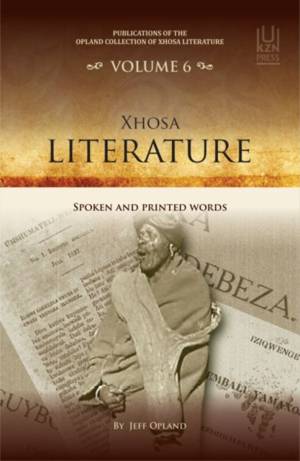
- Retrait gratuit dans votre magasin Club
- 7.000.000 titres dans notre catalogue
- Payer en toute sécurité
- Toujours un magasin près de chez vous
- Retrait gratuit dans votre magasin Club
- 7.000.0000 titres dans notre catalogue
- Payer en toute sécurité
- Toujours un magasin près de chez vous
Description
Presents fourteen essays addressing Xhosa literature in three media - the spoken word, newspapers and books. Literary critics tend to focus on Xhosa literature books; some attention has been paid to Xhosa oral poetry, but the contribution of newspapers has been overlooked. This book explores all three media, and their interconnections.
Spécifications
Parties prenantes
- Auteur(s) :
- Editeur:
Contenu
- Nombre de pages :
- 400
Caractéristiques
- EAN:
- 9781869143862
- Date de parution :
- 01-04-18
- Format:
- Livre broché
- Dimensions :
- 150 mm x 230 mm

Les avis
Nous publions uniquement les avis qui respectent les conditions requises. Consultez nos conditions pour les avis.






